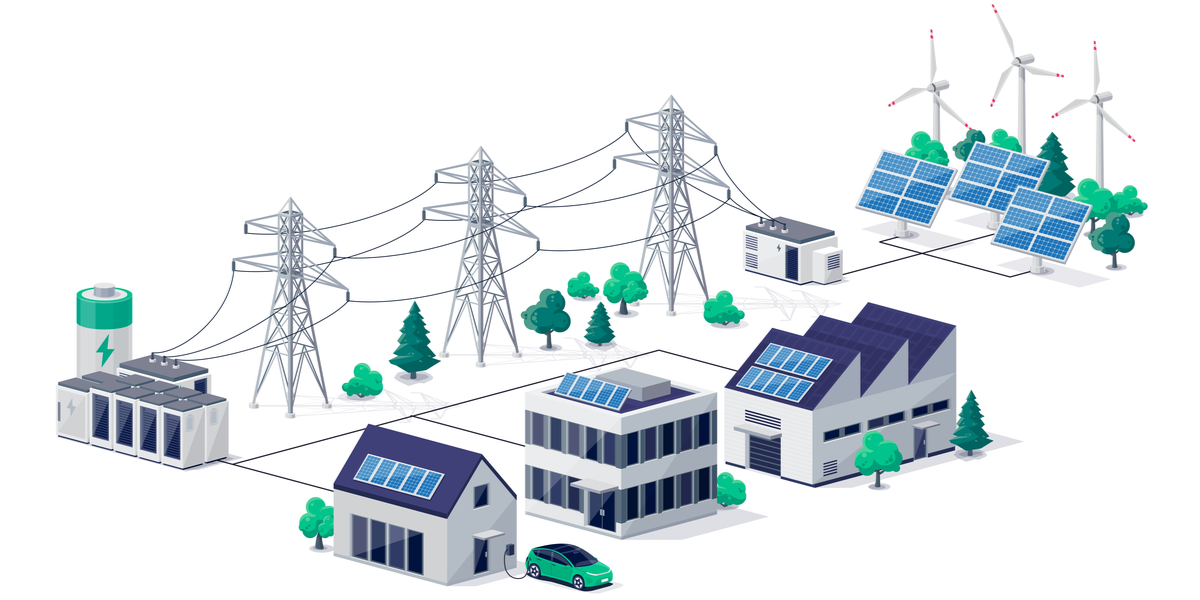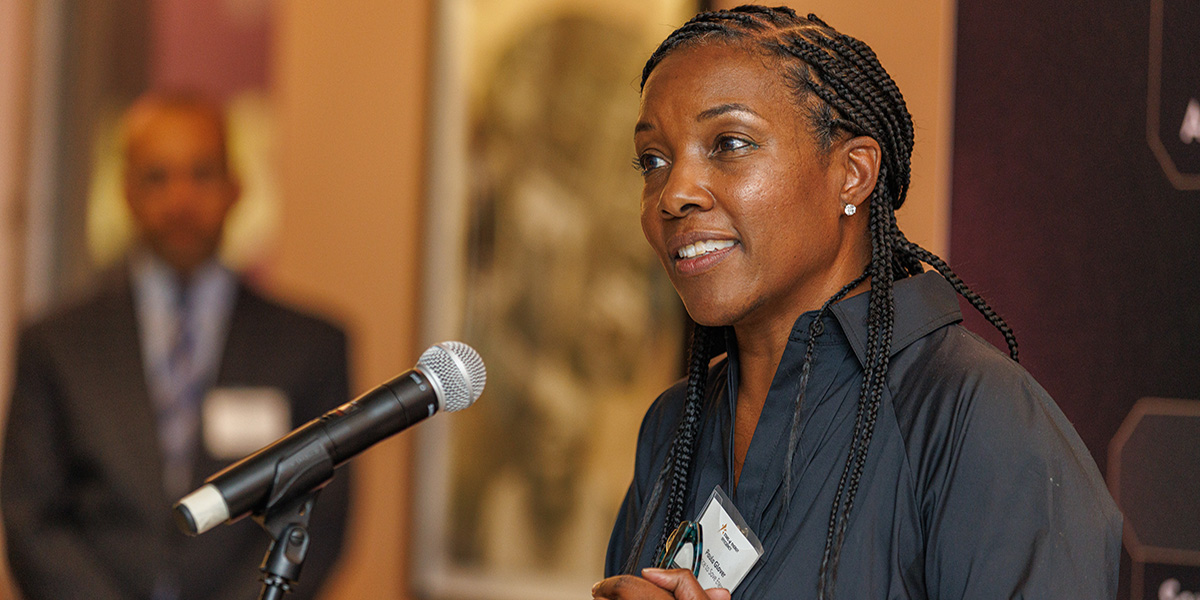Climate Week NYC 2015
Let's Save Energy
Alliance to Save Energy's Blog
Climate Week NYC 2015

Climate Week 2015, held in New York City between September 21-28, marked a waypoint in a critical year for sustainable development and energy efficiency. Amid noteworthy events at the United Nations, including an address to the UN General Assembly by Pope Francis and the UN’s adoption of the 2030 Agenda for Sustainable Development, energy productivity took a front seat, with the September 21 presentation by ClimateWorks Australia of a new index designed to measure corporate energy productivity. The Alliance’s own senior vice president for policy, Kelly Speakes-Backman, also took the stage to promote high-efficiency lighting.
In his speech, Pope Francis underlined a global urgency to combat climate change. Pope Francis described the adoption of the 2030 Agenda for Sustainable Development as an “important sign of hope” and expressed confidence that negotiators will successfully come to a post-Kyoto climate agreement at the UNFCCC 21st Conference of the Parties (COP21) in Paris this December.
As the deadline looms for the world’s nations to achieve a climate agreement, the UN’s adoption of 17 Sustainable Development Goals serves as a signpost for future work by the international community. These goals range from ending poverty to improving global infrastructure. The seventh goal – Affordable and Clean Energy – reflects the priorities of the UN Sustainable Energy For All Initiative of improving access to energy, doubling the rate of energy efficiency improvement and increasing the share of renewable energy in the global energy mix.
Elsewhere in New York, energy productivity proponents at ClimateWorks Australia announced the development of an international corporate energy productivity index. This index is being developed in collaboration with one of the most substantial U.S. institutional investors, California State Teachers' Retirement System (CalSTRS). To help investors make more informed financial decisions, the index will help them evaluate the energy productivity of corporations around the world by benchmarking leaders and laggards. A full report will be released later in 2015.
Meanwhile, the Alliance’s own senior vice president of policy and research, Kelly Speakes-Backman, participated in a roundtable event promoting the adoption of LED lighting for street lighting. Cities that have adopted outdoor LED lighting typically save between 50 percent and 70 percent. Roundtable participants discussed the financial and technical barriers to adopting LED lighting. The Climate Group, as the host of the roundtable, issued a call-to-action for utilities and cities to adopt LED streetlights by 2025. The Climate Group also announced a new global campaign: LED = Lower Emissions Delivered. The campaign will release a series of reports on the non-technical barriers for adoption of LED lighting to help cities achieve their energy and climate goals.
With the final Paris negotiations rapidly approaching, the international community has built significant momentum for meaningful changes in energy productivity and sustainable development. The events of Climate Week highlighted much of the work that is going on in support of that process. Notable takeaways from this week include the cross-sector collaboration and interest in energy productivity, and the trajectory that has developed from this cooperation for establishing global energy solutions.
STAY EMPOWERED
Help the Alliance advocate for policies to use energy more efficiently – supporting job creation, reduced emissions, and lower costs. Contact your member of Congress.
Energy efficiency is smart, nonpartisan, and practical. So are we. Our strength comes from an unparalleled group of Alliance Associates working collaboratively under the Alliance umbrella to pave the way for energy efficiency gains.
The power of efficiency is in your hands. Supporting the Alliance means supporting a vision for using energy more productively to achieve economic growth, a cleaner environment, and greater energy security, affordability, and reliability.



